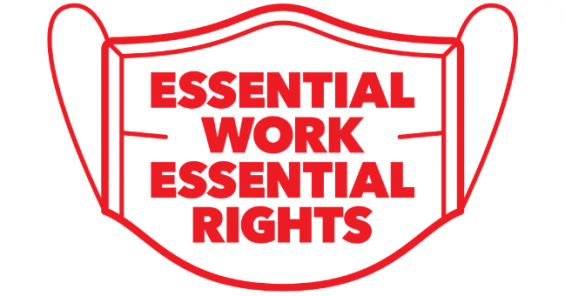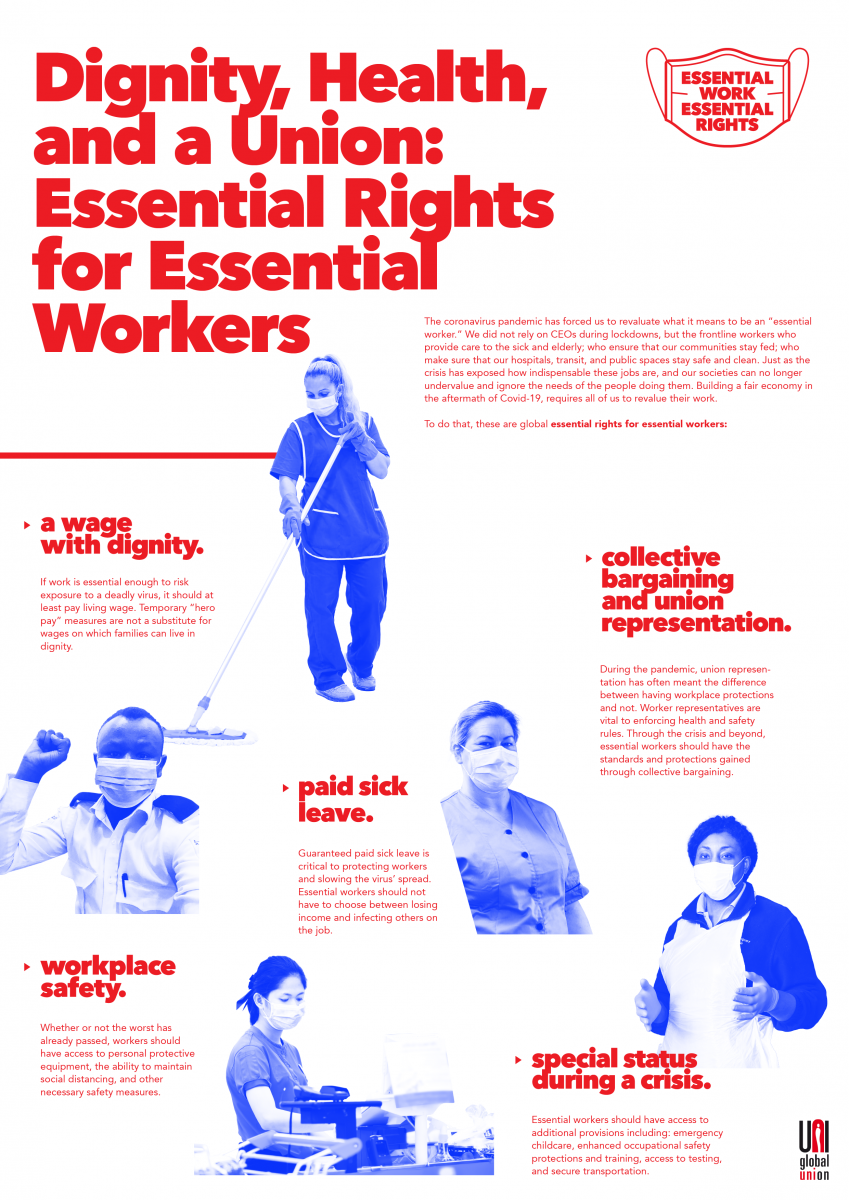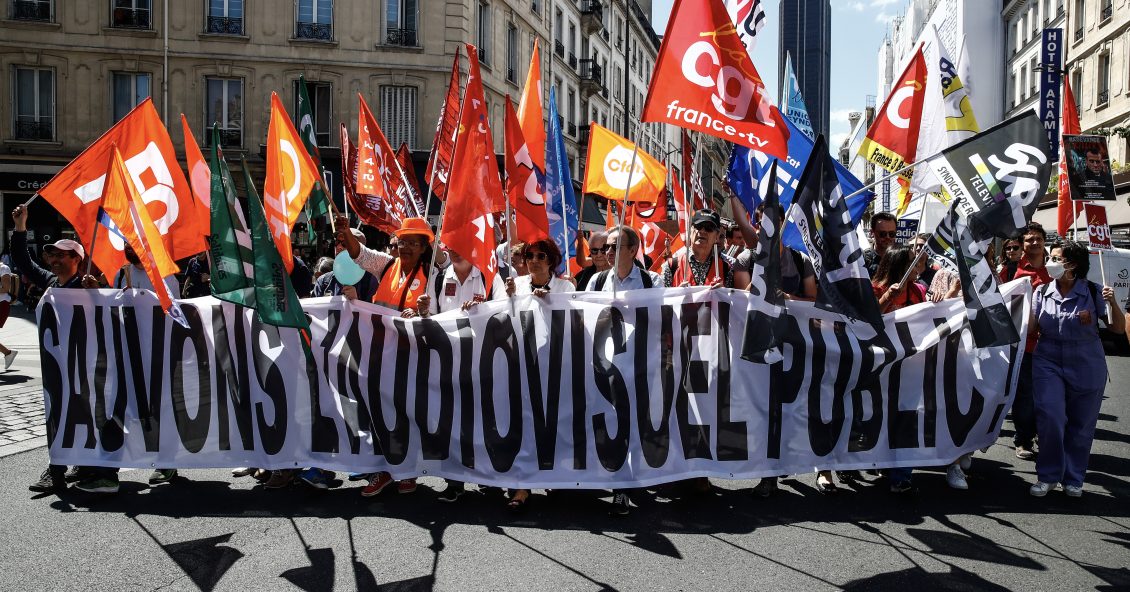On October 7, the World Day for Decent Work, UNI Global Union—a federation of trade unions from 150 countries—is launching an international campaign to demand essential rights for essential workers.
During the COVID-19 pandemic, underpaid, underappreciated, and undervalued workers have been keeping their communities running around the world. These workers have ensured that there is food on the shelves; cared for the sick and elderly; and kept our schools, workplaces, public transport, and public spaces safe and sanitary. They also delivered mail and packages and provided needed access to financial services.
Just as the crisis has exposed how indispensable these jobs are, the campaign claims our societies can no longer turn a blind eye to the needs of the people doing them.
“Decent work for essential workers means better pay, safe jobs, paid sick leave, union representation, and respect,” said Christy Hoffman, General Secretary of UNI Global Union. “There is no fair economy in the aftermath of the pandemic that does not radically revalue this essential work. In crisis and in calm, these workers contribute so much, and deserve more than applause or kind words.”
The World Day for Decent Work is an opportunity to draw attention to the fundamental changes required in our global economy. That is why trade unions from around the world are demanding these essentials rights for all essential workers:
- A wage with dignity. If work is essential enough to risk exposure to a deadly virus, it should at least pay living wage.
- Workplace safety. Workers should have access to personal protective equipment, the ability to maintain social distancing, and other necessary safety measures.
- Paid sick leave. Guaranteed paid sick leave is critical to protecting workers and slowing the virus’ spread.
- Collective bargaining and union representation. Through the crisis and beyond, essential workers should have the standards and protections gained through collective bargaining.
- Special status during a crisis. Essential workers should have access to additional provisions including: emergency childcare, hazard pay, enhanced occupational safety protections and training, access to testing, and secure transportation.
“Throughout the pandemic, we’ve felt more proud and courageous. We feel like lionesses because we’ve stood up to the disease. Our neighbours have called us heroes. We’ve been on the frontline of this crisis, and now we deserve more,” said Isabel Cortes, a cleaner in Peru and member of the Sitobur union.
“Supermarket workers deserve better working conditions – including fair pay and a safe place to work,” said Abdel Ben Touhami, a Lidl supermarket worker in the Netherlands and member of the FNV.
“As essential workers we shouldn’t have to campaign to get access to adequate PPE, but now, we finally don’t have to,” said Tessa Clement, a home care worker in New Zealand, whose union the Public Services Association has fought for—and won—protective equipment for workers.
The value of these rights during the coronavirus crisis is clear. Higher base pay and special status during a crisis means workers are more likely to be able to work just one job and protect the health of everyone in their household so they reduce their risk of infection. Workers who can afford to take sick leave will not be forced to come to work sick and put their colleagues at risk. Workplace safety standards can stop the spread of contagious disease. Collective bargaining and union representation ensure workers have the power to protect these rights on the job.



